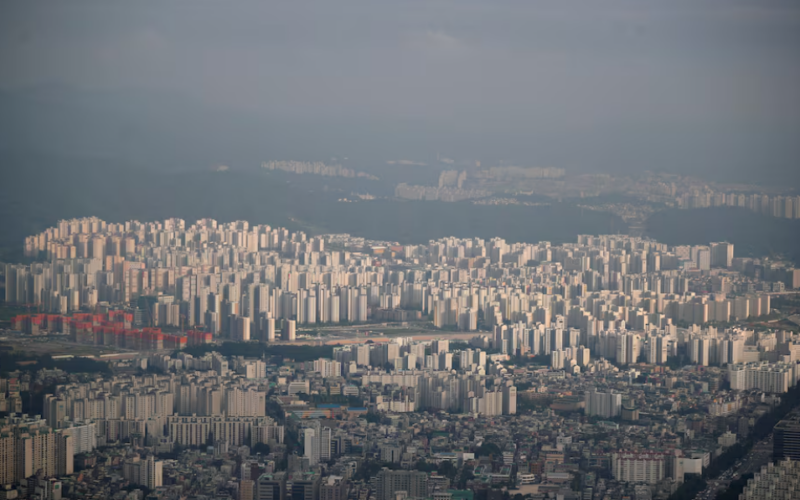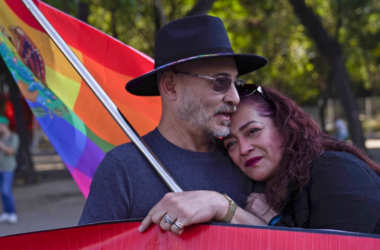South Korea is gearing up to host the third iteration of the Summit for Democracy next week, as part of a U.S.-led initiative aimed at addressing the global challenges of democratic decline and the erosion of fundamental rights and freedoms.
While specific details regarding the participating nations have not been disclosed by Seoul, it has been confirmed that U.S. Secretary of State Antony Blinken will lead a delegation to the summit.
Kelly Razzouk, National Security Council senior director for democracy and human rights, highlighted the significance of the event, especially considering the ongoing series of elections worldwide. “We are at an inflection point,” stated Razzouk.
The summit is expected to focus on digital threats to democracy, including issues such as misinformation, artificial intelligence, and deep fakes. Kweon Ki-hwan, South Korea’s deputy minister of foreign affairs, emphasized the country’s intention to showcase the responsible use of new technologies to enhance democracy while seeking international cooperation in this regard.
Furthermore, the U.S. plans to convene a session addressing the misuse of commercial spyware, with Razzouk underscoring its detrimental impact on free expression globally.
South Korea, which previously co-hosted the summit with four other nations, aims to involve youth participation and unveil initiatives to support the challenges faced by the younger generation.
While the summit has been met with varying degrees of reception in the past, concerns have been raised regarding democratic rights and freedoms within South Korea itself. Issues such as women’s rights, LGBTQ rights, and press freedom have come under scrutiny, particularly in light of recent actions by the government.
Yoon Chang-hyun, head of the National Union of Media Workers, expressed concerns over what they perceive as government crackdowns on media diversity and democratic traditions.
Although the Varieties of Democracy (V-Dem) Institute highlighted concerns about democratic regression in South Korea, Philip Turner, a former New Zealand ambassador to Korea, noted that recent elections have remained free. However, he cautioned against complacency, especially regarding gender discrimination and LGBTQ rights.
Turner sees the summit as an opportunity for NGOs and advocacy groups to raise pertinent questions and hold authorities accountable.
In closing, Kweon reiterated South Korea’s commitment to the summit, emphasizing the nation’s aspiration to contribute to global freedom, peace, and prosperity.








